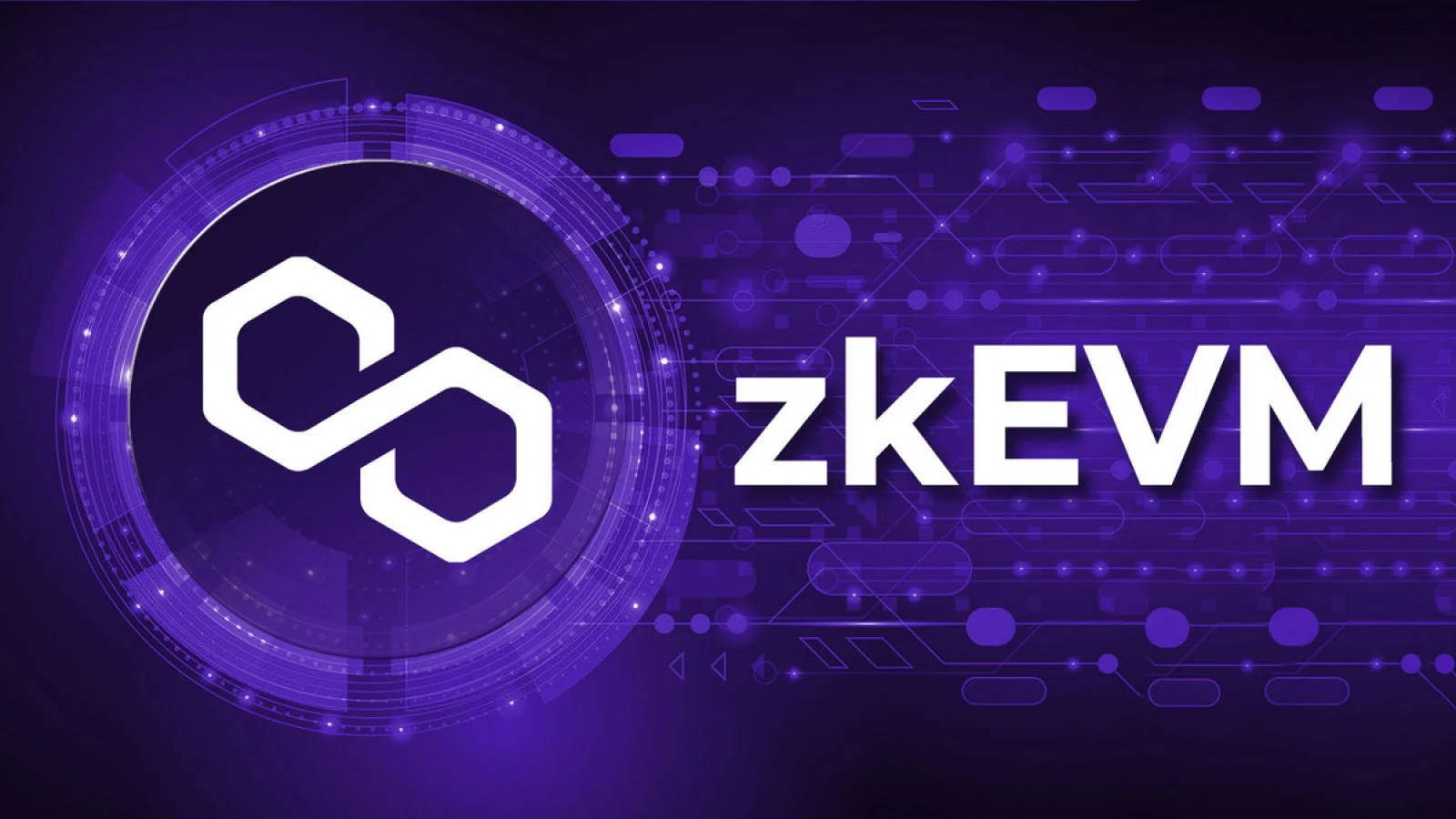The eagerly awaited Dencun upgrade for Ethereum is scheduled to roll out on the zkEVM testnet in April. Jarrod Watts, a Developer Relations Engineer at Polygon Labs, anticipates significant advantages for Polygon zkEVM and other layer-2 solutions with this upgrade.
Watts asserts that the initiatives outlined in EIP-4844 will enhance the Ethereum user experience and bring positive outcomes for both Polygon and the wider ecosystem of zero-knowledge Ethereum Virtual Machine (zkEVM) implementations.
Preparations are underway for the Dencun upgrade on Ethereum.
The imminent Dencun upgrade promises significant enhancements for layer-2 solutions employing rollup technology, such as Optimism and Arbitrum.
A key highlight of this upgrade is the integration of EIP-4844, which introduces “blobs” – streamlined data storage channels – aimed at further reducing transaction costs within layer-2 ecosystems.
EIP-4844 is coming to Ethereum tomorrow.
What does this mean for Polygon chains?
Here’s what’s going to happen for Polygon enjoyoors:
1/ It’s coming to zkEVM in May
While 4844 goes live on Ethereum tomorrow, it will be coming to Polygon zkEVM testnet in April, and is…
— Jarrod Watts (@jarrodWattsDev) March 13, 2024
While Polygon is Ethereum Virtual Machine (EVM) compatible, it operates as a sidechain rather than a true layer-2 rollup solution. Consequently, the impact of Dencun on Polygon may be somewhat subdued.
However, Polygon zkEVM harnesses both zero-knowledge proofs (for enhanced privacy) and rollups. Therefore, it stands to potentially benefit from the Dencun upgrade.
Engineer Watts, who is involved in the project, highlights that approximately 80% of zkEVM fees are derived from call data. With the transition to the more efficient “blob” storage post-Dencun, Polygon zkEVM aims to significantly reduce these fees.
The introduction of Dencun to Polygon’s zkEVM is scheduled for April.
The impending Dencun upgrade on Ethereum holds significant promise for various layer-2 platforms, heralding a host of benefits including reduced transaction fees and enhanced throughput for users.
Polygon zkEVM, in particular, is poised to leverage the advantages brought forth by the integration of EIP-4844 proposals. The platform is gearing up to commence testing on the testnet in April, with plans to roll out the Feijoa upgrade on the mainnet approximately a month later. This strategic move underscores Polygon’s commitment to scalability and its ongoing efforts to enhance the user experience within its ecosystem.
In tandem with these scalability endeavors, Polygon is also embarking on the development of Polygon 2.0, a pivotal upgrade aimed at fortifying the platform’s infrastructure. A central component of this upgrade entails the transition from its current native token, MATIC, to POL.
This token swap initiative is designed to streamline and consolidate the Polygon ecosystem, positioning POL as a versatile medium of exchange and a governance token. By unifying its token economy, Polygon seeks to foster greater cohesion and synergy across its diverse range of offerings, ultimately bolstering its standing as a leading blockchain platform.



